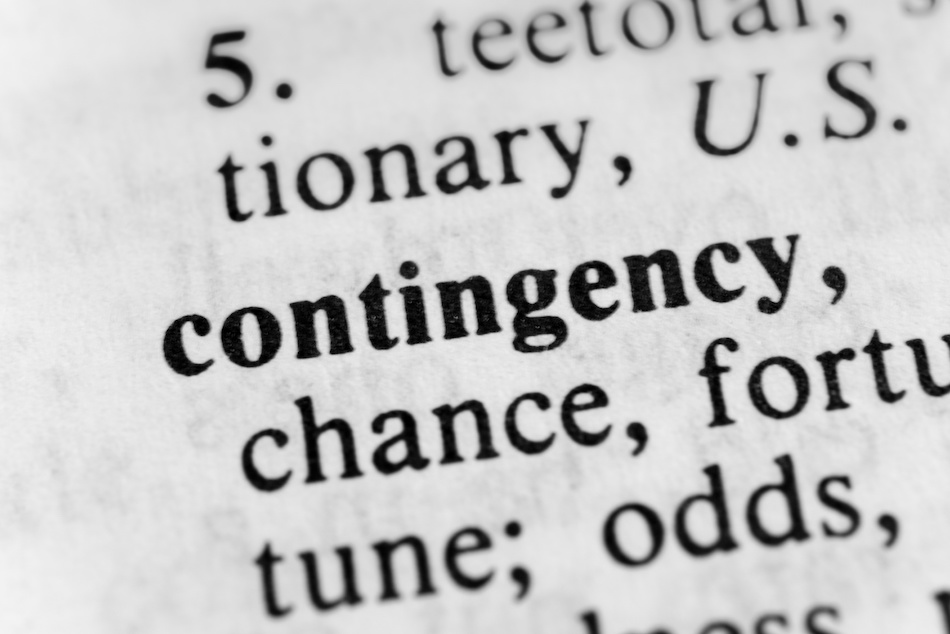 Buying a home is a huge decision, not only because of how much they cost, but because there are a lot of moving parts that affect the purchasing process.
Buying a home is a huge decision, not only because of how much they cost, but because there are a lot of moving parts that affect the purchasing process.
Contingencies To Be Aware Of
While contracts can vary from home to home, the three main home buying contingencies that people should be aware of are financing, appraisal, and inspection contingencies. In all of these scenarios, they help protect the buyer from having to remain in a contract for purchasing a home they either no longer want or cannot afford.
A financing contingency means that the buyer stipulates they have a certain period of time to get approved for a home loan, and protects people from being obligated to purchase a home even if they can’t secure financing. In the instance of an all cash home purchase, this contingency would not usually be required.
Including an appraisal contingency in a contract is crucial for the buyer as well, as they are agreeing to a purchase price before knowing how much the home is truly worth. Once the home has been appraised, this contingency can help navigate any gaps between the property’s value and the agreed upon price.
Inspection contingencies are very important for buyers, as this will allow them to back out of a purchase if an inspection comes back with unfavorable news. It also gives the option for the buyer and seller to negotiate repairs before the purchase is finalized.
What Could Go Wrong?
If a home buyer decides to opt out of any of these contingencies, they could potentially be on the hook for money they don’t have. For example, if they agree to purchase a home for $300,000 but the home is appraised for $350,000, they need to come up with the difference if the seller isn’t willing to negotiate.
Similarly, both the financing and inspection contingencies offer buyers the option to back out of the contract should something go wrong. Inspections can uncover all kinds of serious issues that would make the house completely undesirable, and financing might be harder to secure than the buyer initially planned.
Explore The Contract Carefully
Home buying contingencies may not be present in every home contract, so make sure to work with an experienced real estate professional and read everything before you sign. The ramifications could be very damaging if something comes up during the purchasing process and there isn’t a contingency to protect the buyer.
This information shouldn’t be a deterrent to home purchasing, as it can be an incredibly rewarding decision—especially if it's a decision that gets you into a great home in a great community like Gallatin. Ultimately, it’s up to each buyer to make sure they understand what they are agreeing to and ensure they have the resources to account for anything that goes wrong if no contingencies are in place.



